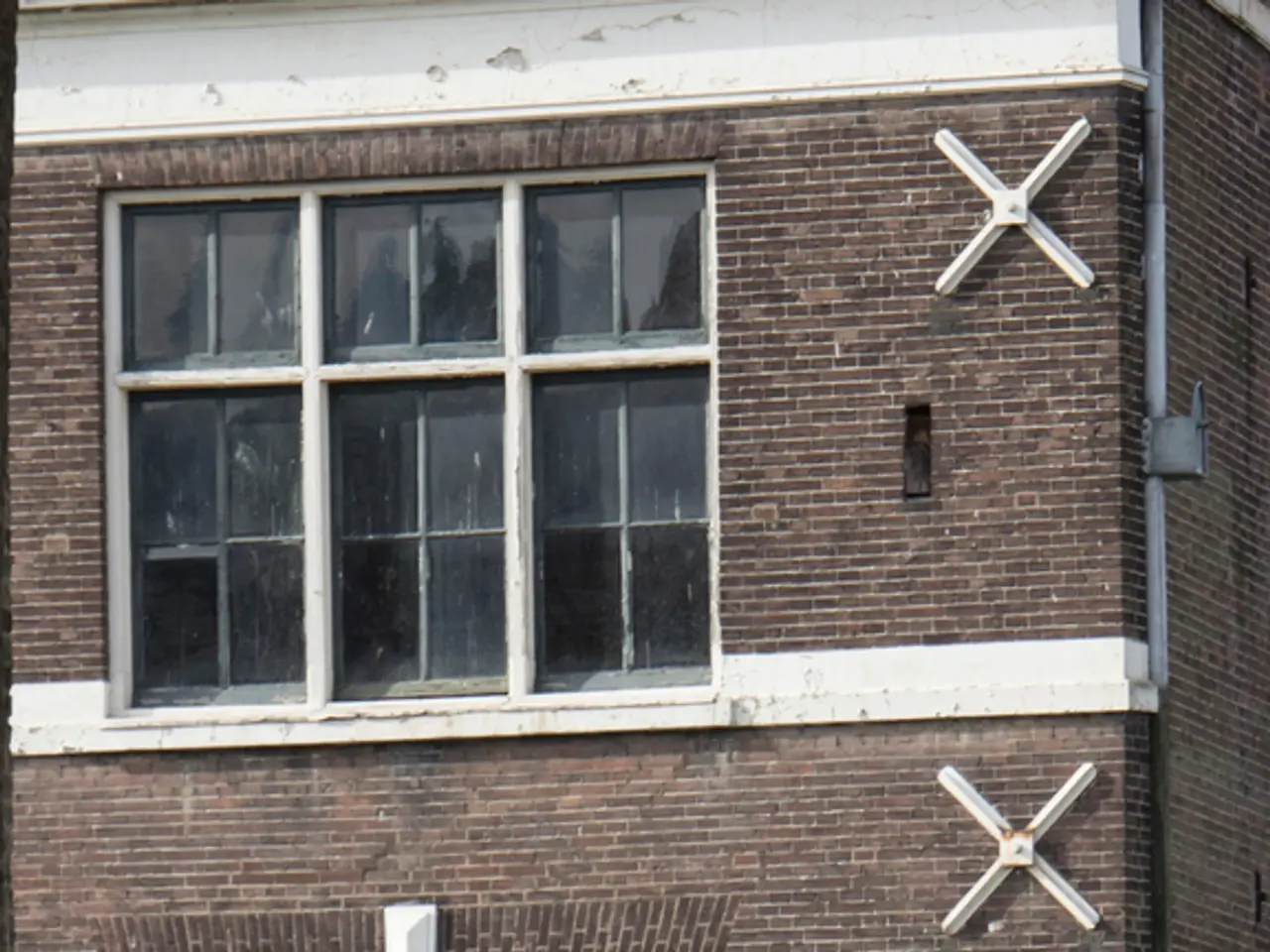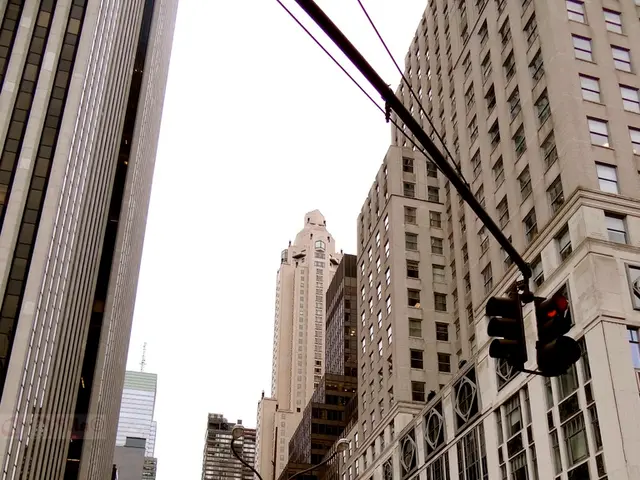Bucharest obtains EUR 34 million loan from the European Investment Bank for district heating system modernization
In the heart of Europe, Bucharest, Romania's capital city, is embarking on a significant transformation of its district heating network. The city has secured a €34.4 million loan from the European Investment Bank (EIB) to rehabilitate its aging district heating system. This loan is part of a broader €300 million loan package from the EIB, aimed at key infrastructure projects such as district heating, urban mobility, and the modernization of surface public transport.
The rehabilitation project focuses on repairing and modernizing the main heating pipelines, including the DN 700 Bucharest Ring pipeline. This rehabilitation aims to improve efficiency and reliability in the district heating network, reducing heat losses and potential operational costs, and aligning with EU energy efficiency goals. Preparation and repair works on these main pipelines have been ongoing since June 2025, suggesting the work is underway with near-term completion goals aligned to that schedule.
The funding is a step forward in broader investments focused on energy infrastructure modernization in Romania. This follows recent restructuring and funding negotiations related to the National Recovery and Resilience Plan (PNRR) initiatives, which bolster projects in healthcare, water, sewage, and energy sectors with significant EU support.
The impact of this loan tranche is expected to enhance the sustainability and efficiency of Bucharest’s district heating system. By rehabilitating main pipelines, the project will improve service reliability for consumers and potentially lower operational costs and greenhouse gas emissions. The initiative also aims to reduce heat losses in a system that has long struggled with aging infrastructure and frequent breakdowns.
The Bucharest City Hall secured this loan in October 2024, following a resolution by the municipal council. The rehabilitation project will be co-financed by the EIB loan and non-reimbursable funding from the European Commission under the Sustainable Development Programme. This underinvestment in Bucharest's district heating network has led to frequent pipe bursts and heating outages, particularly during the winter months.
The funds are expected to play a crucial role in modernizing essential public services, including the expansion and renewal of the capital's transport network alongside the overhaul of the district heating system. The rehabilitation project is intended to be one of the key components in the ongoing efforts to modernize Bucharest's district heating network, a network that is one of the largest in Europe.
In summary, the rehabilitation project aims to replace outdated pipelines in Bucharest's district heating network, improving efficiency, reliability, and sustainability, and supporting EU energy and environmental targets. The project is underway, with active repair works on the main pipelines ongoing as of June 2025, and is expected to proceed through 2025. The funds from the EIB loan, combined with non-reimbursable funding from the European Commission, will play a significant role in modernizing Bucharest's district heating network and improving the city's essential public services.
Read also:
- Coastal men's disruptions of dolphin gatherings might lead to jail sentences
- Investment decisions by UK pension funds often disregard impact reports, according to a recent study
- Navigating the Coal Phaseout: Strategies and Solutions
- Thriving New Species Discovered in Cambodia's Endangered Karst Regions








